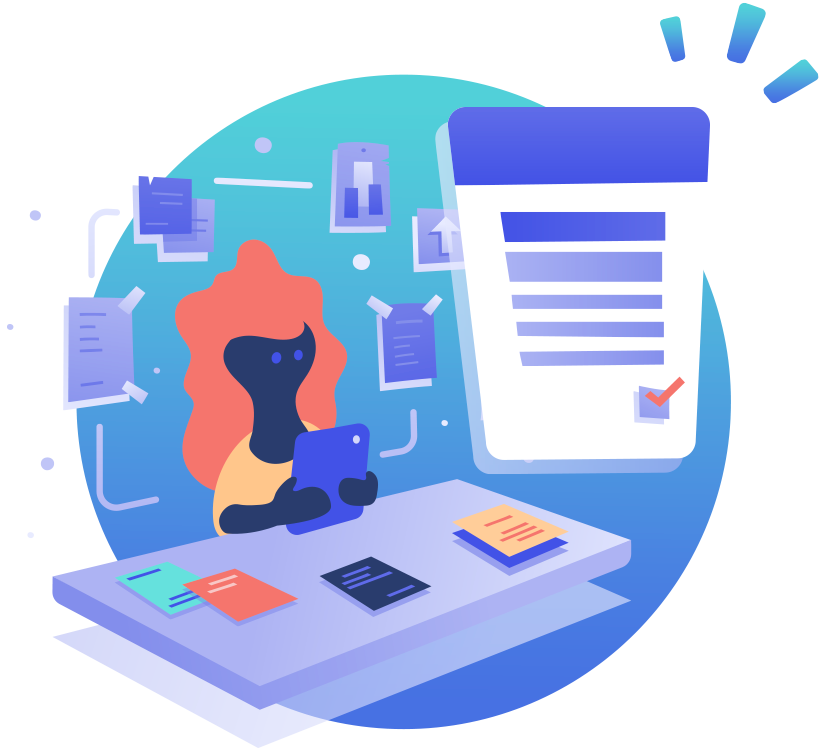What is Fair Use
Glossary > Fair Use
💬 Definition of Fair Use:
Fair use refers to the possibility of limited use of copyrighted material, but only in some instances, such as for criticism, parody, news reporting, research, or teaching.
Table of Contents
What factors to consider when you want to know if you're within the limits of fair use?
Whenever you want to check if you're breaking the copyright for a work from another author, you can filter the information through these factors:
- Purpose of use
Educational, nonprofit, and personal uses are classified as fair uses. If a certain work inspires you to create something else, it is also considered fair use (transformative use). However, any commercial activity of someone else’s work is not within the limits of fair use.
- Nature of copyrighted work
Non-fiction works are more likely to be classified within the range of fair use since facts cannot be copyrighted (a documentary, for example). Creative works (poetry, novels, film) get more copyright protection because the law grants the creator the right to decide how and when to distribute a work.
- Amount of use
Since there’s no precise indication of how much you can use from someone else’s work, it's best to use as little as possible to ensure you respect copyright laws. However, you need to be careful with this, too: if the portions you use include the most important or creative parts you did not come up with, they may not fall under fair use. There are instances where you can use entire works: if you're having a presentation about the creator of the work or if you're analyzing it during a class.
- Economic effect
Last but not least, you have to consider if the way you use someone else's work affects them economically. If you distribute extensive copies of a work that's still in print, and people will not buy the original work anymore because they already got what they wanted from the copy you distributed, that affects the author, and you're breaking the fair use rules.
When do you not need permission to use someone else’s work?
You do not need to seek permission for work that’s in the public domain. Every year there’s a list of works that enter the public domain (their copyright expires, which usually has a lifespan of 95 years). There are more recent works that entered the public domain, and you can always check to make sure that you’re not infringing the copyright.
Also, you don't need permission when you're just mentioning an author or work or if you're linking to a website, blog, or online publication.
Legal Disclaimer: This information is for educational purposes only. It does not constitute legal advice. Consult a qualified lawyer for all legal opinions for your specific situation.

Write more.
Worry less.
Publish and distribute your books to hundreds of stores worldwide in ebook, print or audio formats.